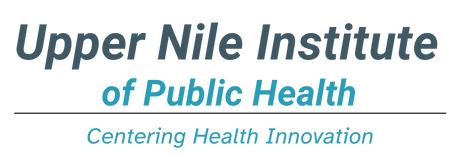Equitable access to affordable, high-quality healthcare for all
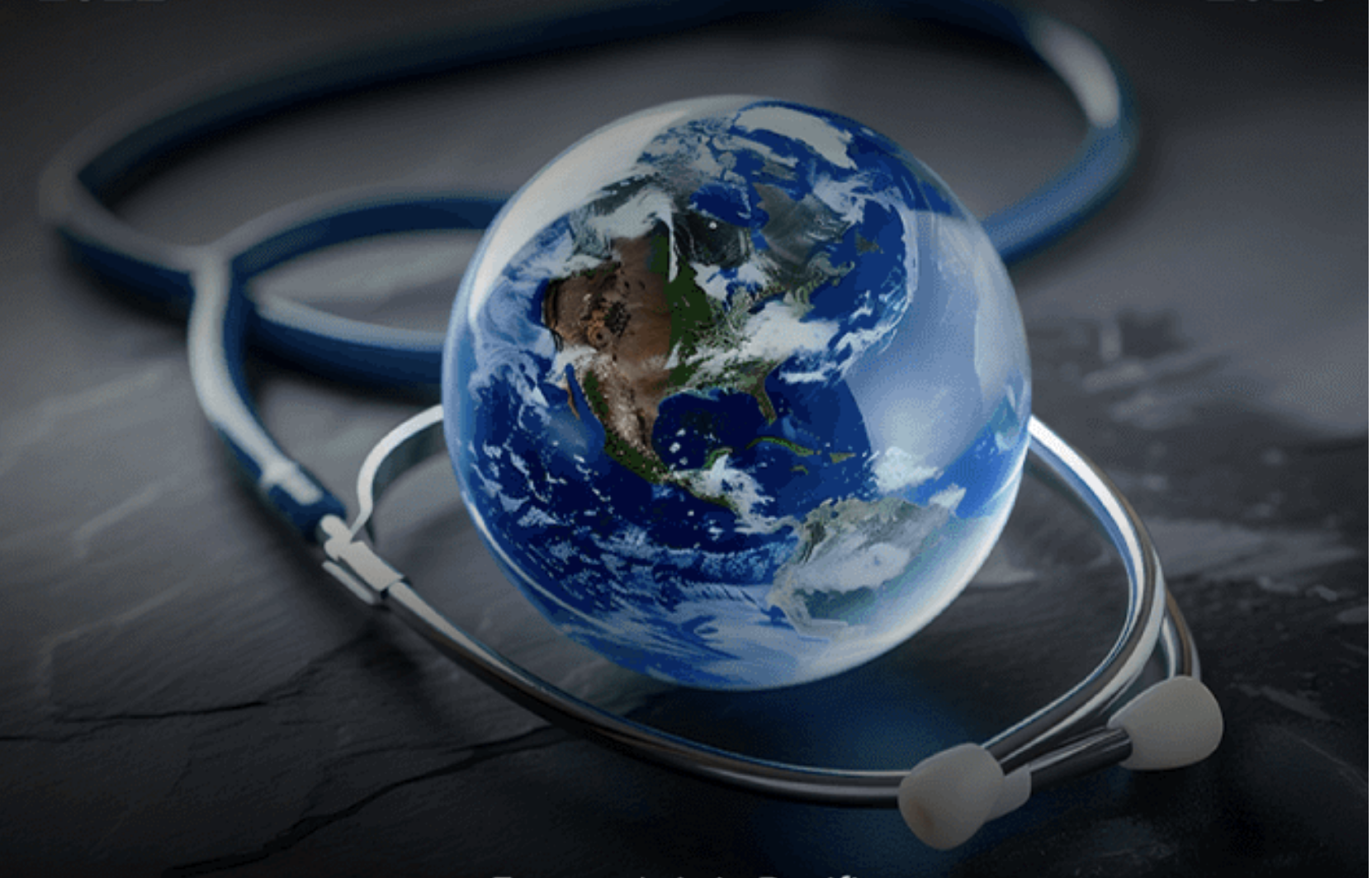
The Upper Nile Institute of Public Health (UNIPH)
Bridges Healthcare Gaps
Remotely connects patients with qualified healthcare providers and medical specialists.
Saves Healthcare Costs
Reduce financial and time costs associated with traveling long distances for an in-person care.
Improves Health Outcomes
Early disease detection and timely interventions improve care and overall health outcomes.
Our Story
Medically underserved communities in East Africa, including forcibly displaced and rural populations, face significant barriers to accessing essential healthcare services. For individuals with medical conditions, reaching distant health centers often entails arduous journeys of 2 hours to 3 days, undertaken on foot, motorbikes, or canoes. This severely jeopardizes the health and well-being of vulnerable groups such as expectant mothers, children under five, the elderly, and those with physical impairments.
Key bottlenecks impeding equitable access to affordable, high-quality healthcare in these regions include a severe shortage of qualified healthcare workers, their uneven regional distribution, and a general lack of capacity within the health system.
Founded in 2022, UNIPH is dedicated to bridging these gaps by enabling equitable access to affordable, high-quality healthcare for all. We achieve this through sustainable ‘last-mile’ health solutions and robust health worker capacity strengthening. Our commitment aligns directly with the Universal Health Coverage principle of ‘moving together to build a healthier world.
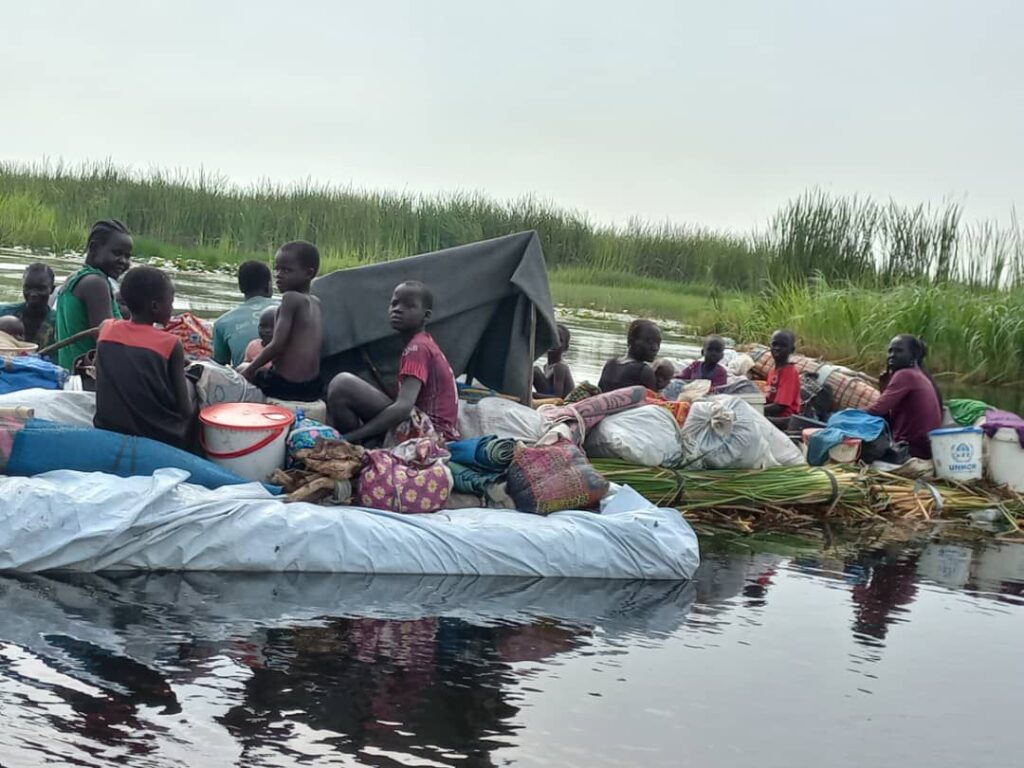
Our Health Solutions
Integrated, last-mile Health Care solutions for patients, care providers and health systems

Patient care Journey
Provides last-mile Health Care solutions including solar-powered Digital Health to connect medically underserved communities to qualified care providers.
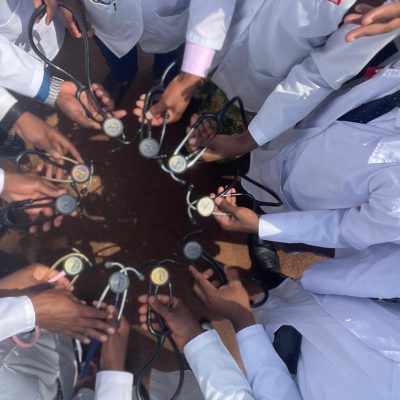
Capacity-building Training
Strengthens operational capabilities of grassroots healthcare personnel including training of technologically challenged community healthcare workers (CHWs) to achieve greater efficiency in delivering care.
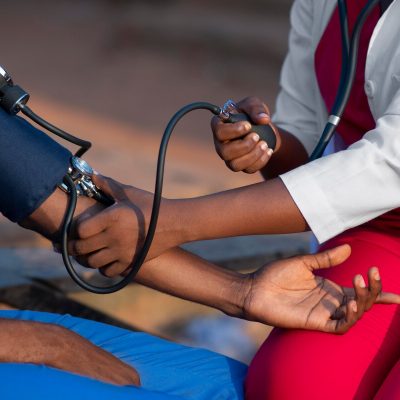
Disease Control
Designs and engages in community surveillance, early detection systems and use of emerging healthcare technologies to prevent and control disease outbreaks.
